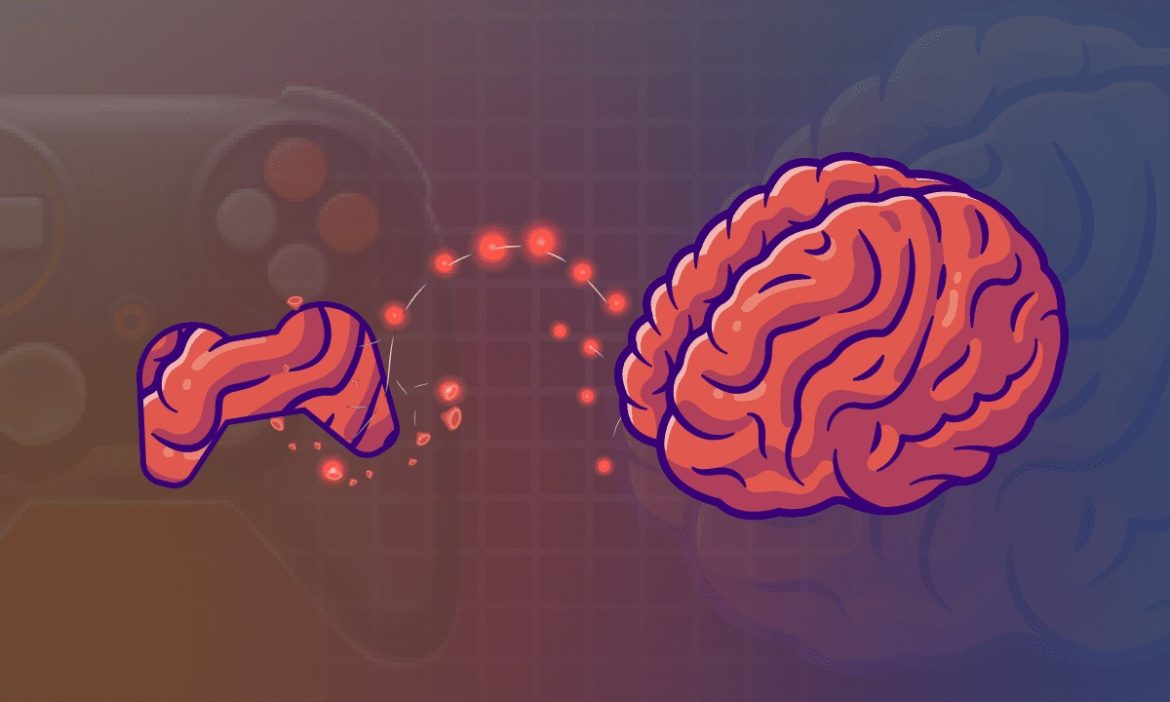Introduction
Gaming has evolved from a niche hobby into a global phenomenon that attracts millions of players across the world. But what makes gaming so compelling? Why do people devote countless hours to virtual worlds and digital challenges? To answer these questions, we delve into the fascinating realm of gaming psychology. Over the past decade, research has shed light on the intricate motivations and cognitive processes that underlie our gaming experiences.
The Appeal of Achievement
One of the primary drivers of gaming is the pursuit of achievement. Gamers often find themselves drawn to titles that offer a sense of accomplishment, whether it’s completing difficult levels, earning in-game trophies, or reaching the top of leaderboards. The satisfaction derived from these achievements can be attributed to the brain’s reward system, releasing dopamine when players conquer challenges, reinforcing the desire to continue playing.
Escapism and Stress Relief
Gaming provides an escape from the pressures and stressors of everyday life. It offers a virtual world where players can temporarily leave behind their real-world concerns. This escapism allows individuals to relax, unwind, and recharge, making gaming an effective stress-relief mechanism. The immersive nature of video games helps players forget about their worries, promoting mental well-being.
Social Connection
Contrary to the stereotype of the solitary gamer, many video games facilitate social interaction. Multiplayer games, in particular, encourage players to collaborate, strategize, and compete with others. These social connections, whether with friends or strangers, fulfill the human need for social interaction and can lead to strong online communities and friendships.
The Power of Challenge
Gaming often involves overcoming obstacles and solving complex problems. The challenges presented in video games engage players’ cognitive skills, such as problem-solving, critical thinking, and spatial awareness. The sense of progression and mastery that comes from conquering these challenges can be highly rewarding, motivating players to continue playing.
Immersion and Storytelling
The world-building and storytelling aspects of many games captivate players’ imaginations. Gamers become emotionally invested in the narratives and characters, creating a unique form of immersion. This emotional connection can be as powerful as that experienced when reading a book or watching a movie, drawing players deeper into the gaming experience.
Competition and Achievement
For many, the competitive aspect of gaming is a significant motivator. Online multiplayer games and esports have transformed gaming into a competitive sport, where players vie for recognition and success. The desire to outperform others and prove one’s skills can be a strong driving force in gaming.
In-Game Rewards and Progression
Game developers use various mechanics to keep players engaged, such as leveling systems, loot, and cosmetic rewards. These incentives motivate players to continue playing and investing in their virtual characters or worlds. The “just one more level” mentality can be irresistible, leading to extended gaming sessions.
The Role of Flow
Psychologist Mihaly Csikszentmihalyi introduced the concept of “flow,” a state of complete immersion and focus. Many gamers report experiencing flow while playing, where time seems to fly by, and they are fully absorbed in the game. This state of flow can be highly rewarding and addictive, as players strive to recreate it.
Conclusion
The psychology of gaming is a multifaceted field that explores the motivations, emotions, and cognitive processes that drive us to play. Achievements, escapism, social connections, challenges, immersion, competition, rewards, and the flow state all play a role in the allure of gaming. As the gaming industry continues to grow and evolve, understanding these psychological factors is crucial for both game developers and players alike. Ultimately, gaming offers a unique blend of entertainment, social interaction, and personal growth that continues to captivate minds worldwide.

